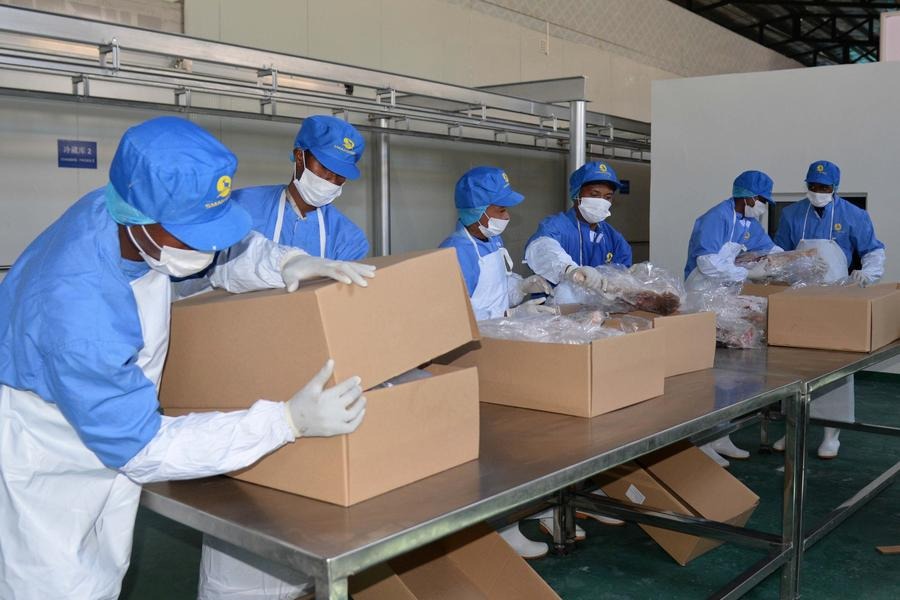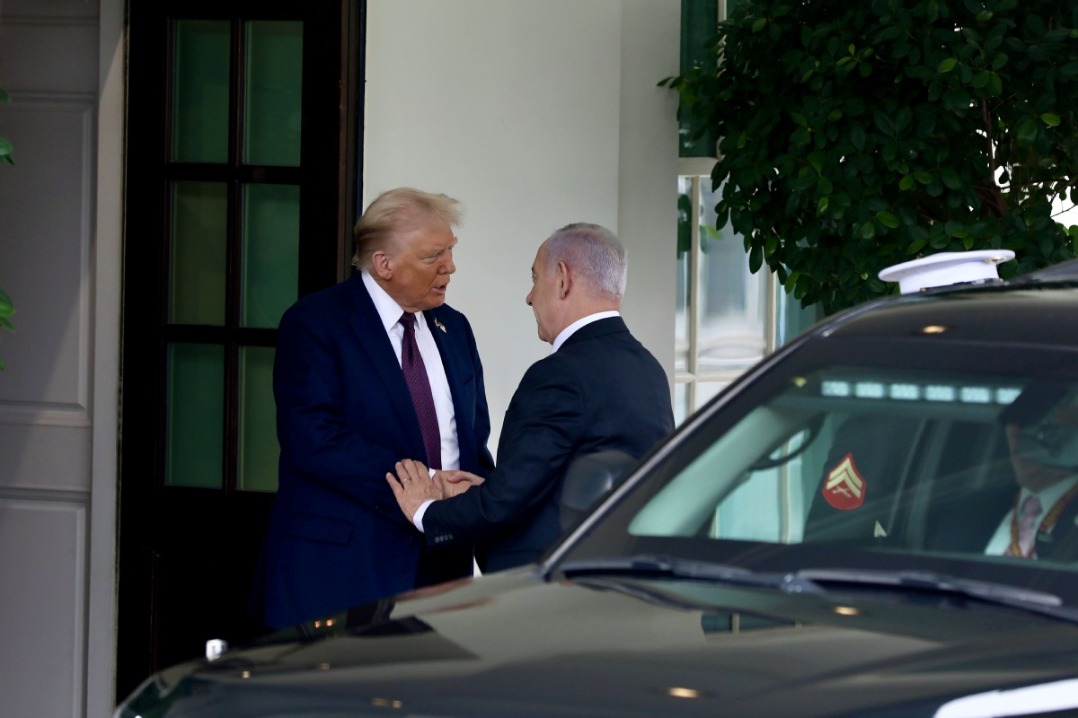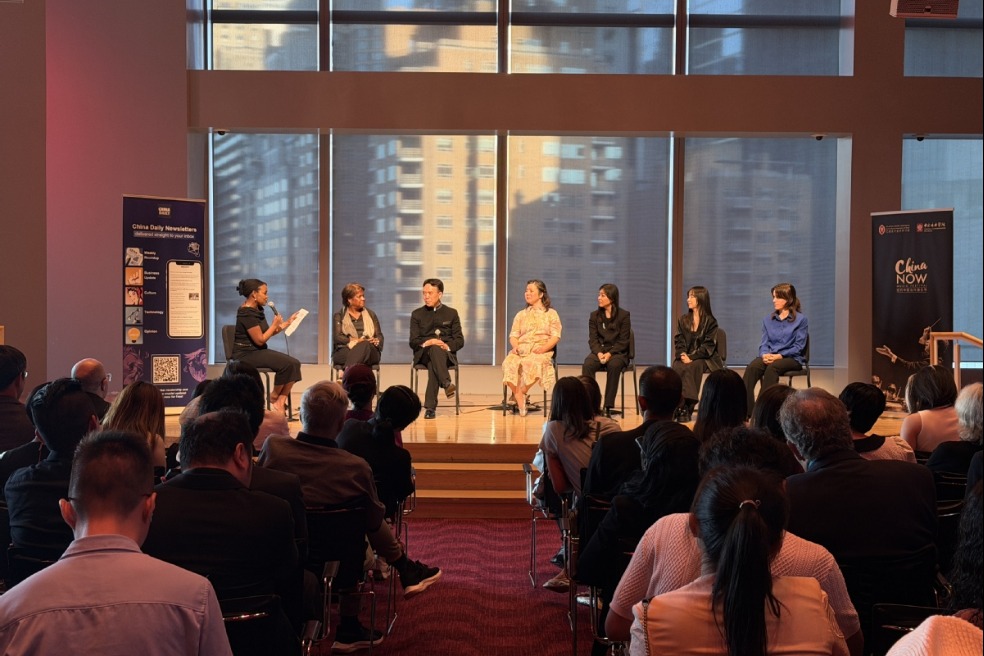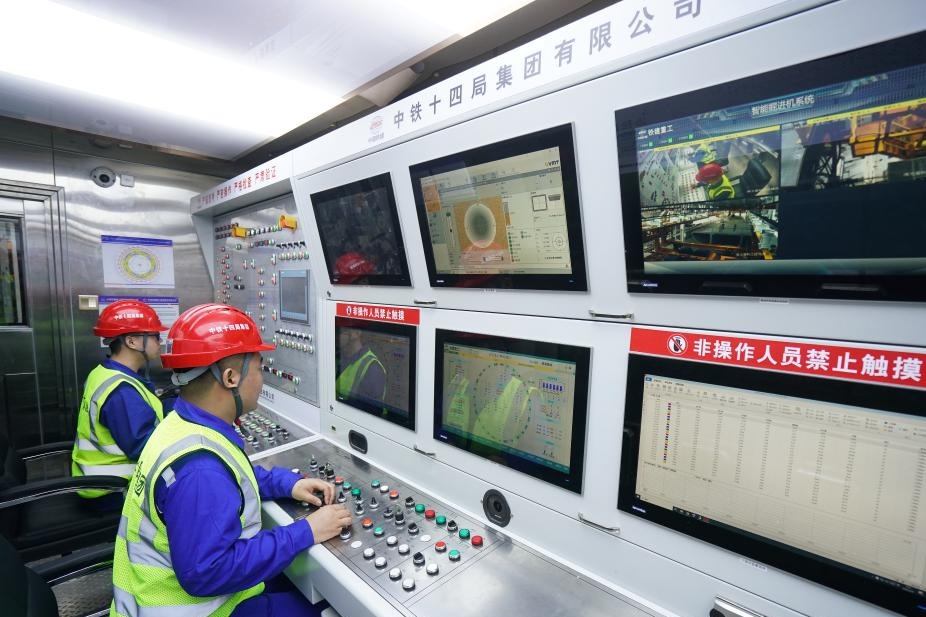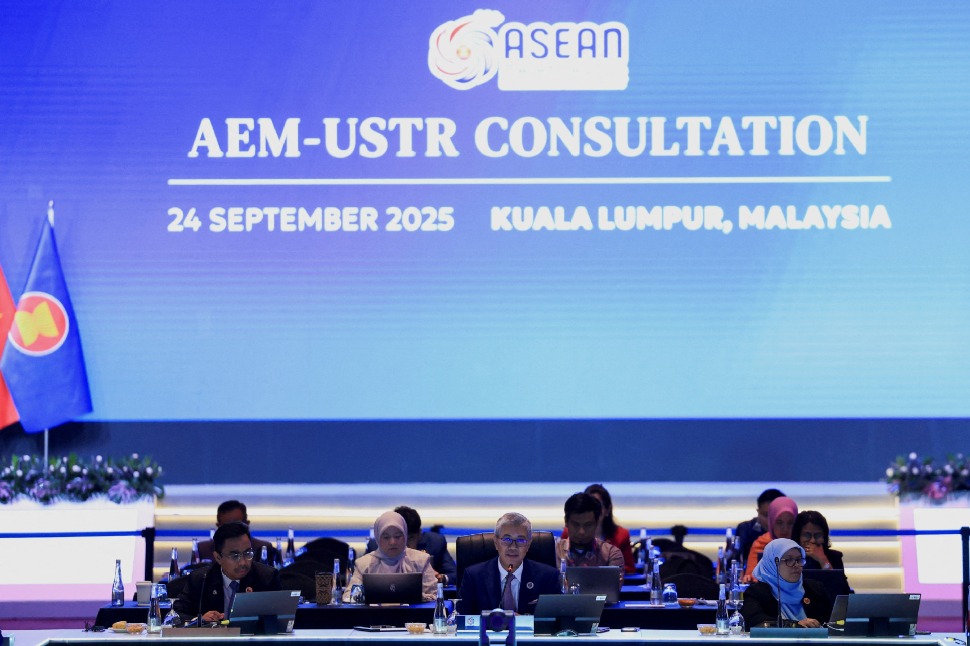G7 Summit fails to address global crises

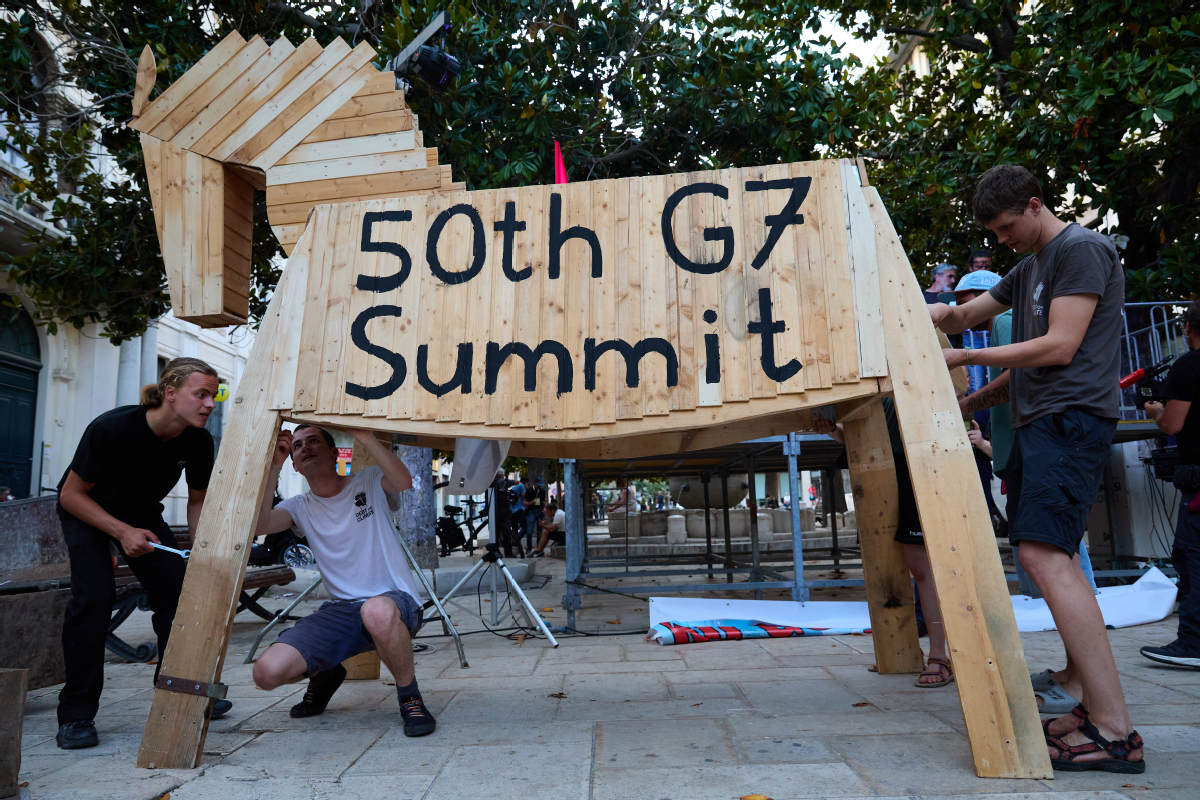
The agenda for the ongoing G7 Summit was largely dictated by the United States and fails to address real global crises but instead creates tensions, experts said.
The three-day G7 Summit, which kicked off on Thursday in Borgo Egnazia, a resort in southern Italy's Apulia region, had the Ukraine conflict and topics related to China high on its agenda.
At the meeting, G7 leaders agreed to a $50 billion loan for Ukraine, using interest from Russia's frozen central bank assets as collateral. The deal, finalized at the summit in Italy, could see funds reach Kyiv by year's end, according to US and French officials.
"This year's G7 summit feels like an extended US National Security Council meeting, aimed at boosting US President Joe Biden's reelection," said Lyu Xiang, a researcher on US studies with the Chinese Academy of Social Sciences.
The Ukraine conflict plays an important role in Biden's domestic politics. The US aims to further isolate Russia and pressure other nations to comply. Some G7 members are partly on board but remain cautious, said Lyu.
In her response on Thursday, Russian Foreign Ministry spokeswoman Maria Zakharova said that the G7's plans will not benefit the West but may result in a new economic crisis.
During the G7 Summit, the US and Japan each signed a 10-year bilateral security agreement with Ukraine, making them the last two G7 members to sign such pacts.
Zakharova dismissed the US-Ukraine security deal as "just pieces of paper", adding that the agreement has "no legal force".
At the summit, Washington is also pushing other G7 members to align with its stance on China, urging them to work together to adopt a more confrontational stance toward Beijing. On Wednesday, the European Commission announced additional protectionist duties on Chinese EV imports, ranging from 17.4 percent to 38.1 percent.
Zhao Yongsheng, a professor at the Institute of Regional and International Studies at the University of International Business and Economics in Beijing, said: "The EU's potential tariffs on Chinese EVs were announced right before the G7 Summit, with a start date set for July 4, US Independence Day, rather than the usual first Monday of the month. This timing may suggest that the EU is acting under US pressure.
"Overall, the G7 primarily represents the interests of the US-led Western alliance. The G7 Summit mainly focuses on coordinating the interests of its member countries instead of taking effective measures in resolving international issues."
Agencies contributed to this story.
















